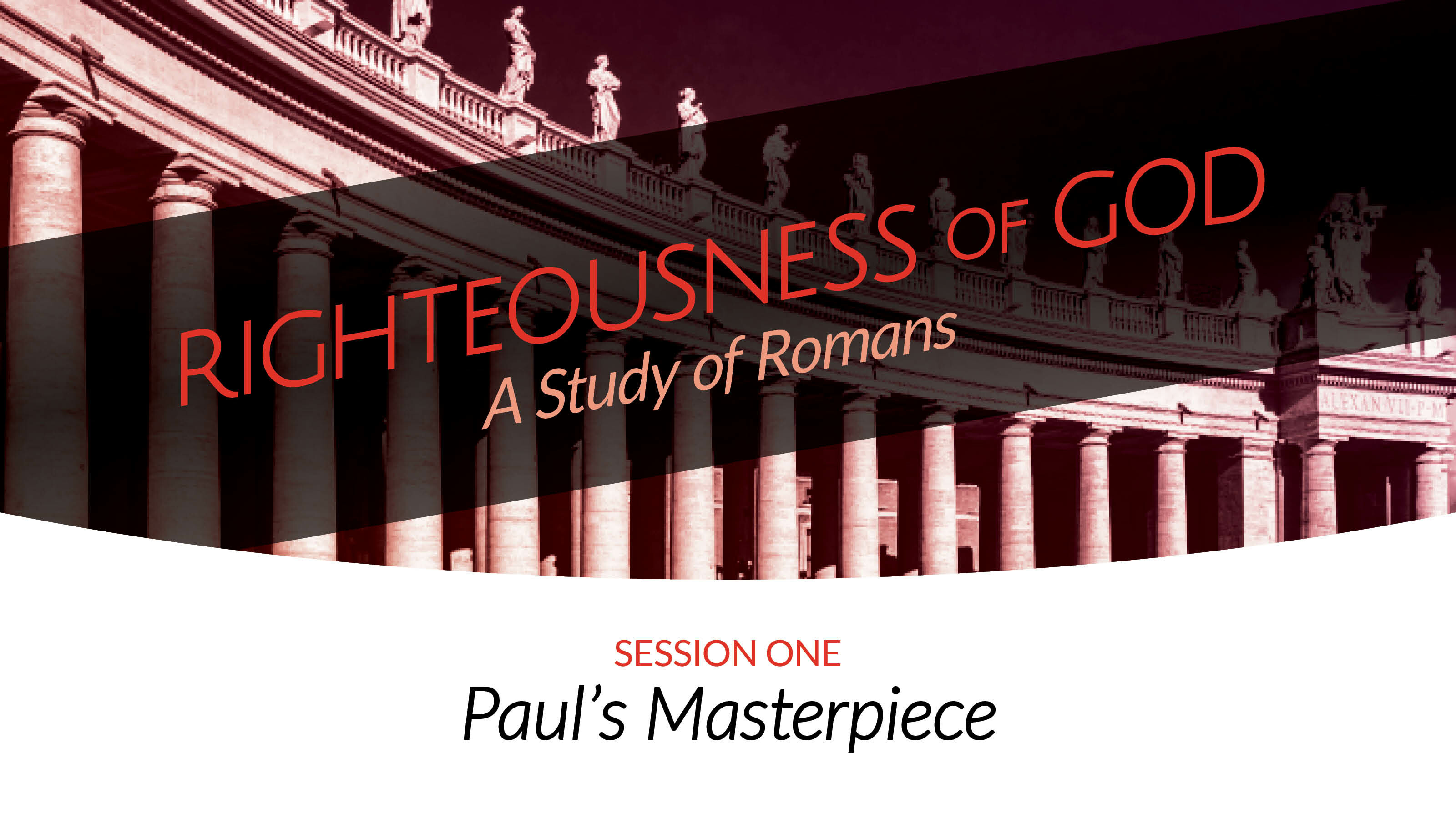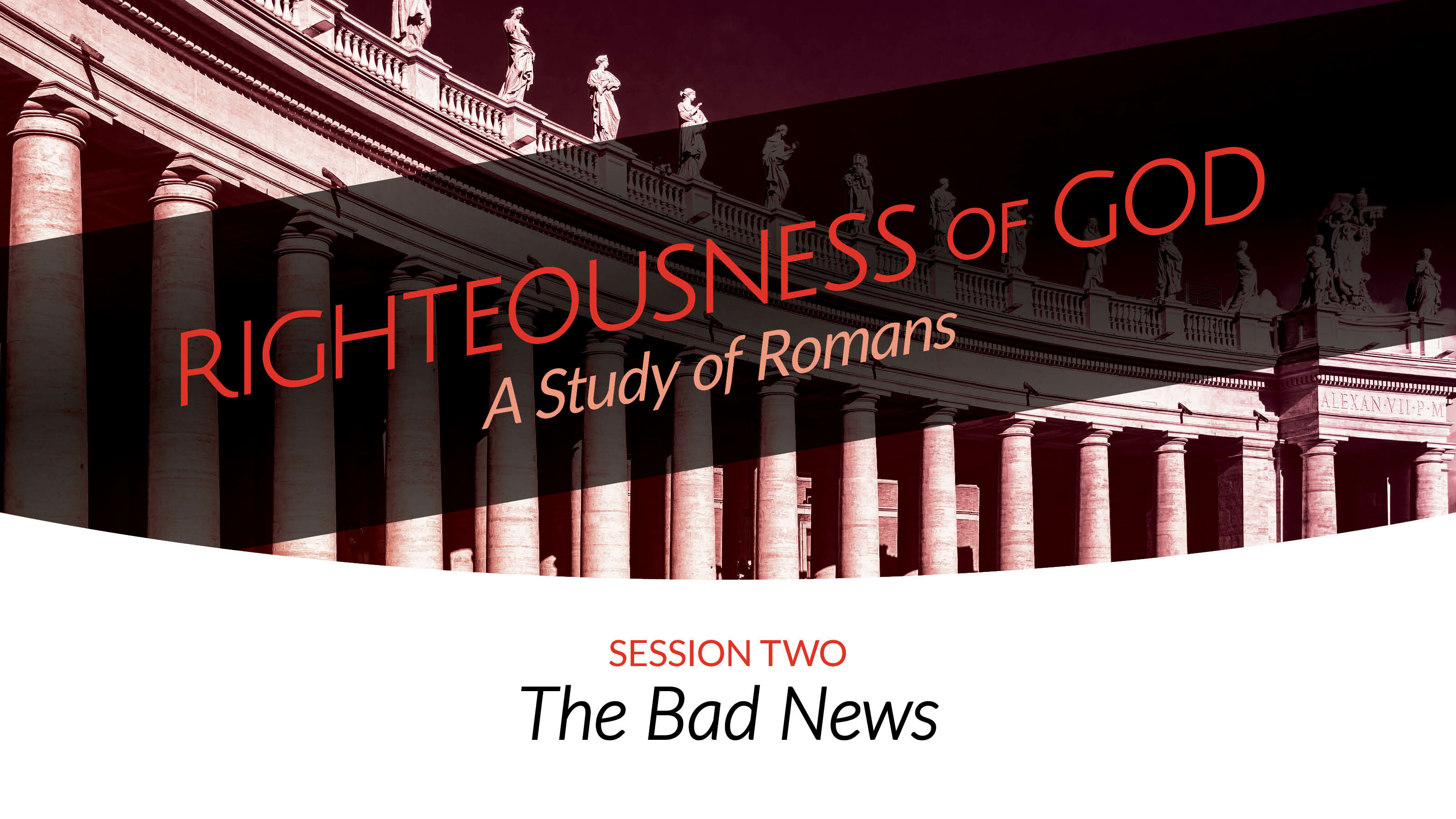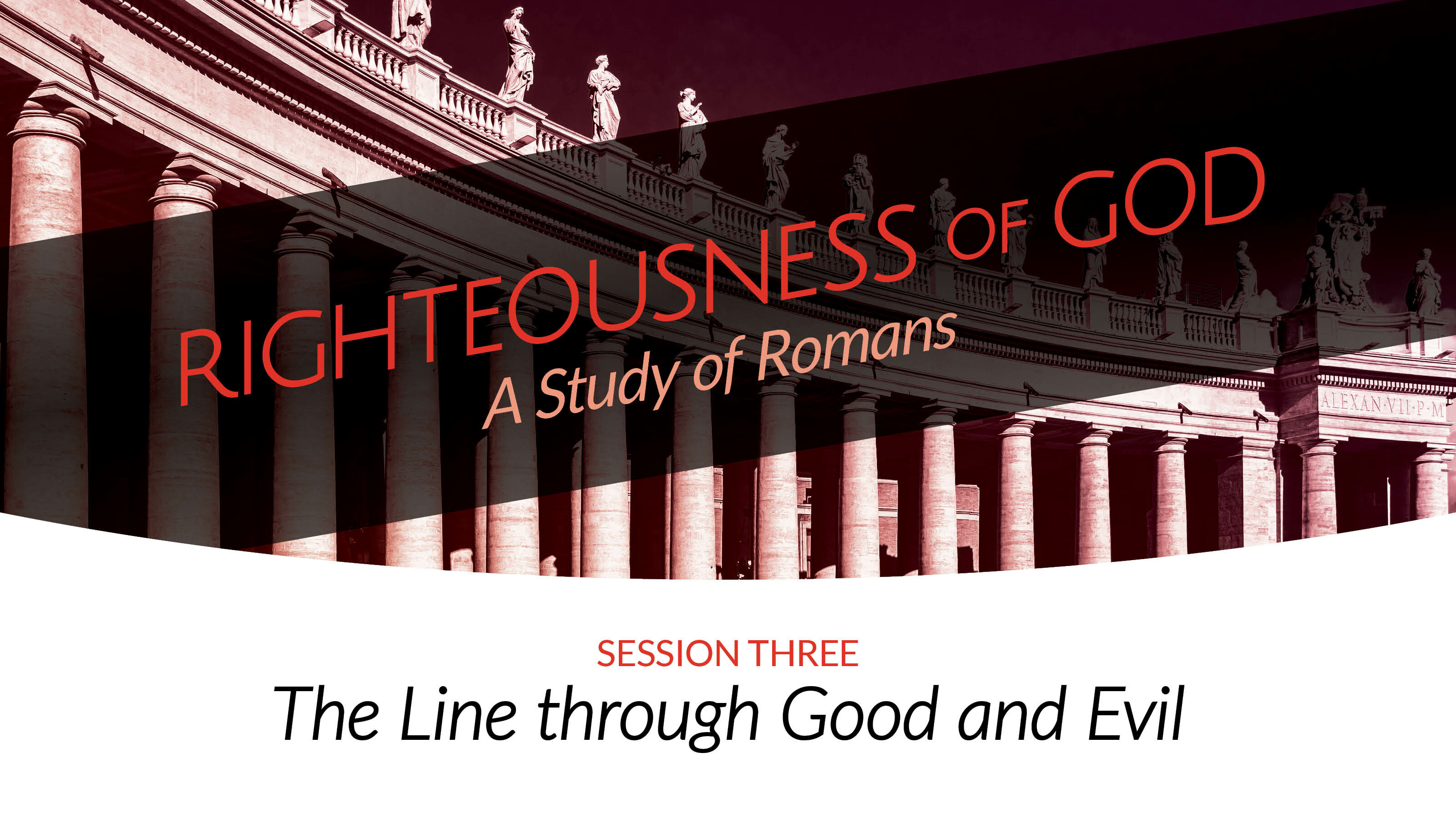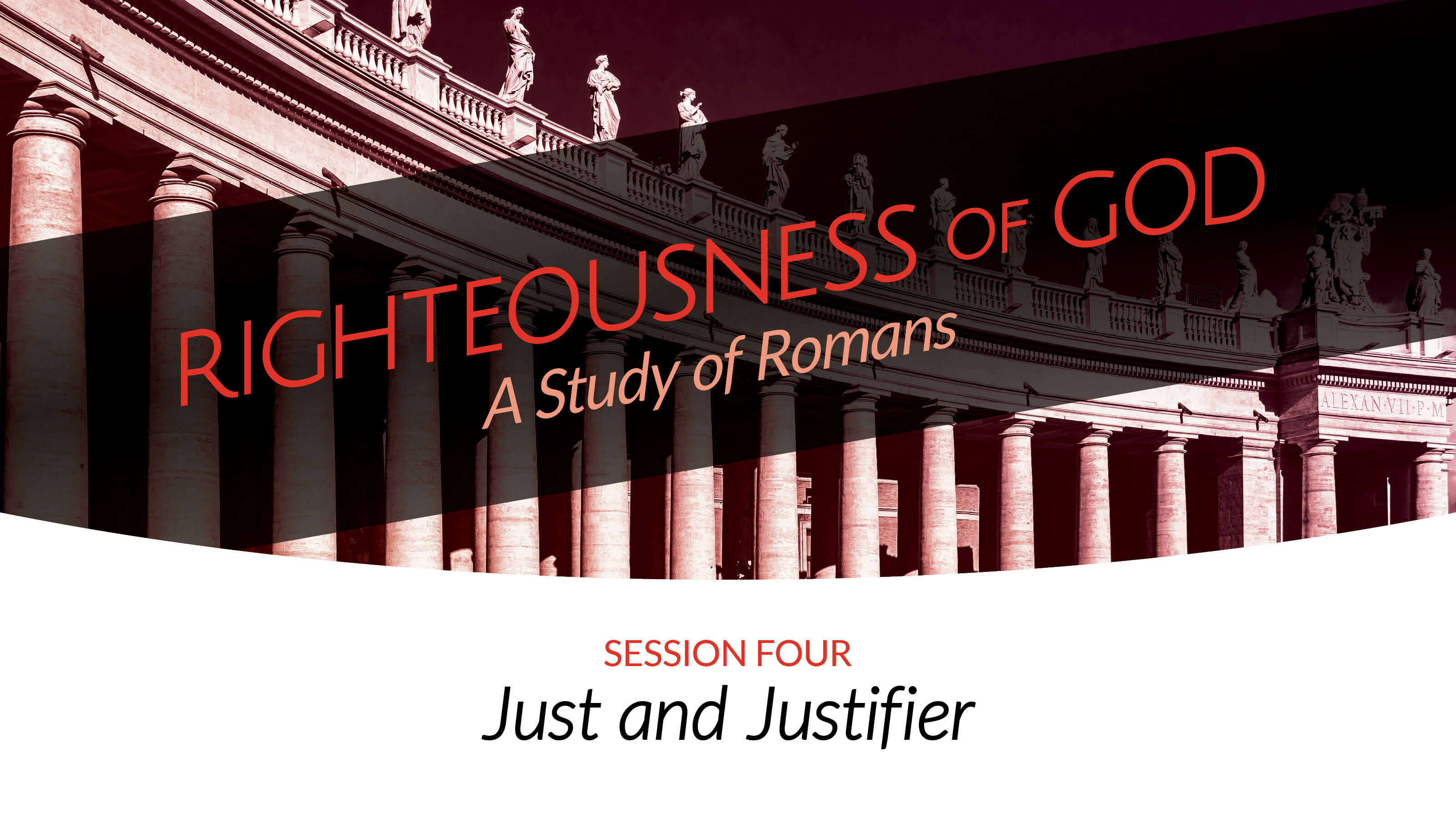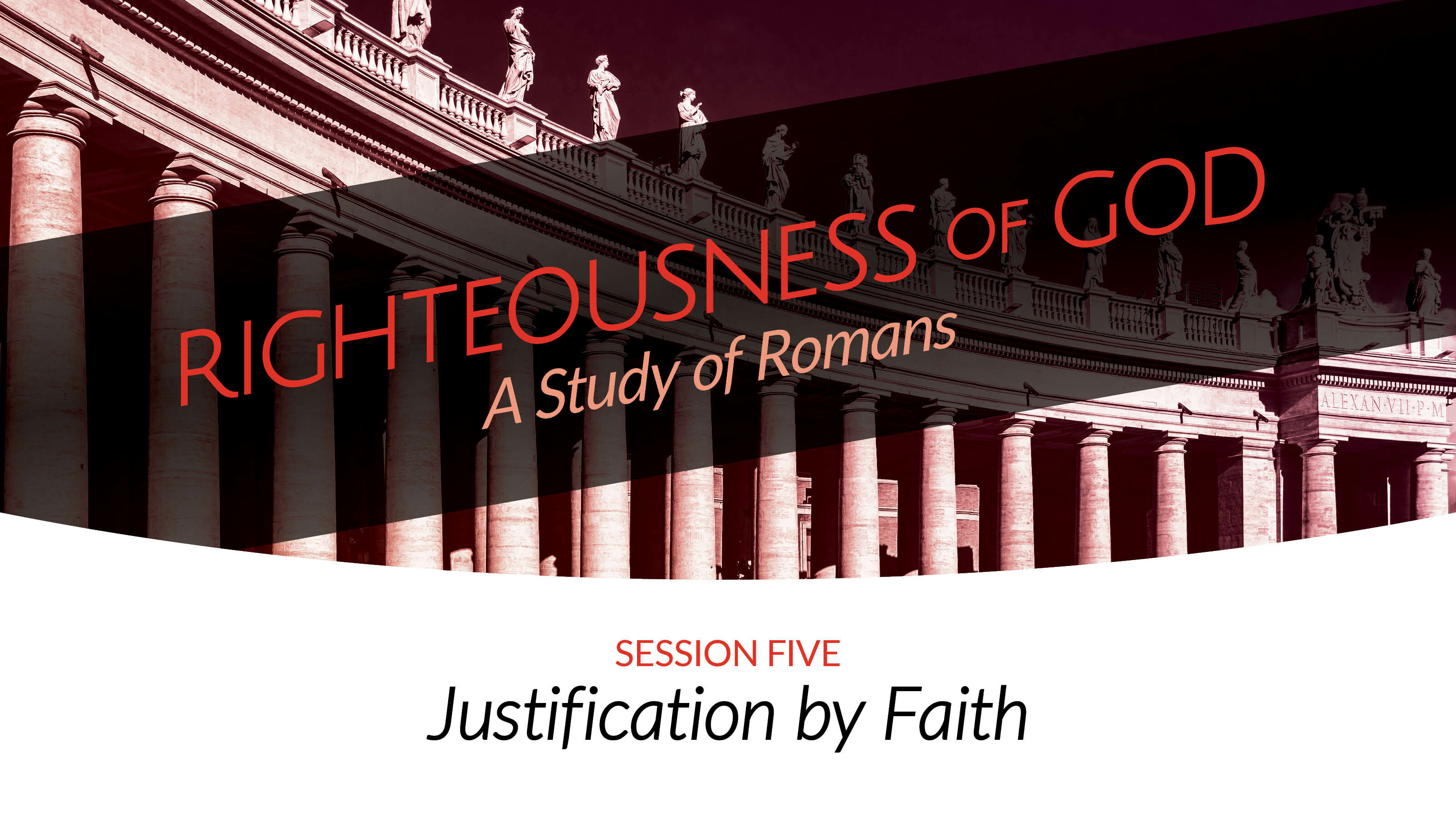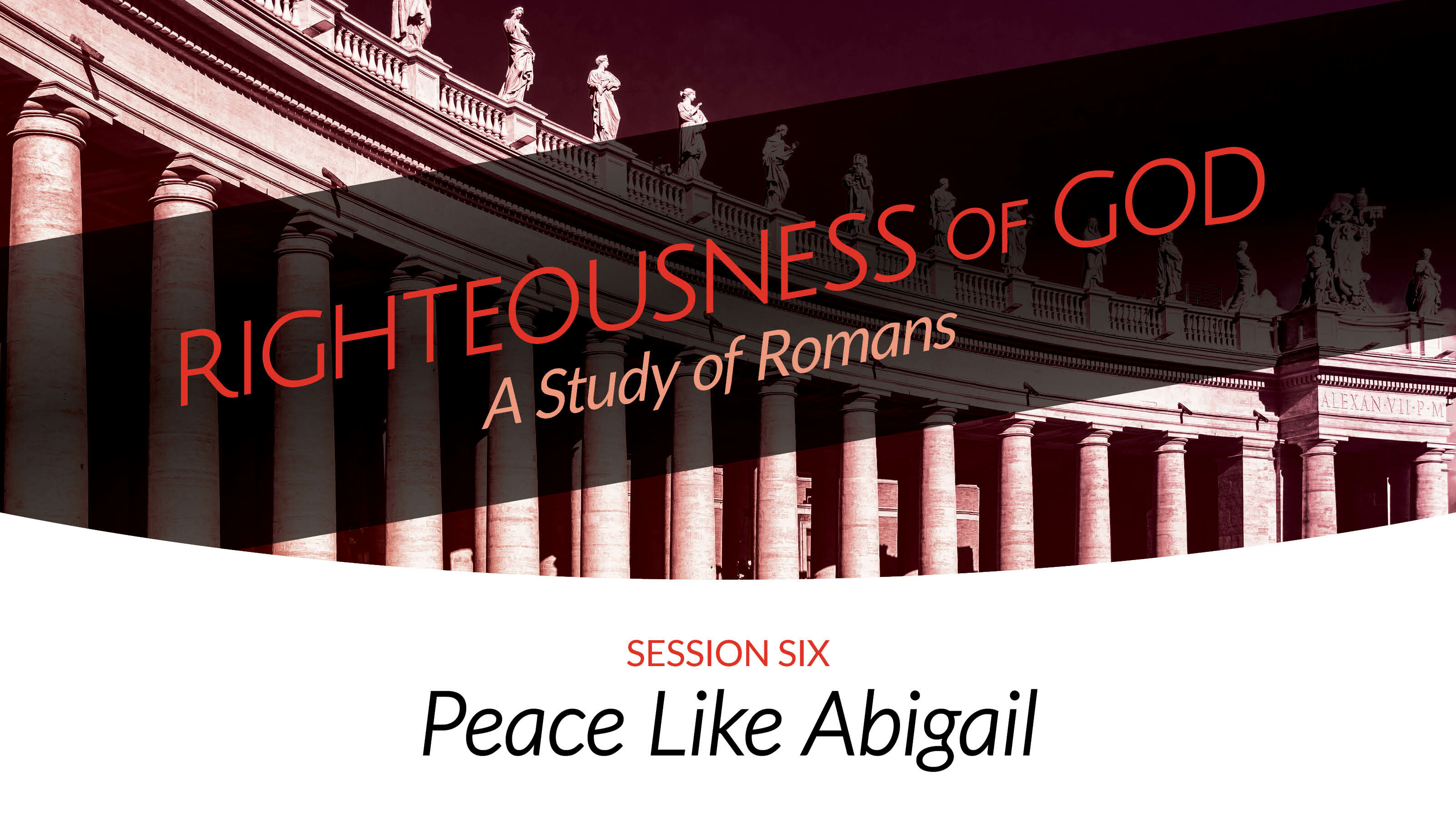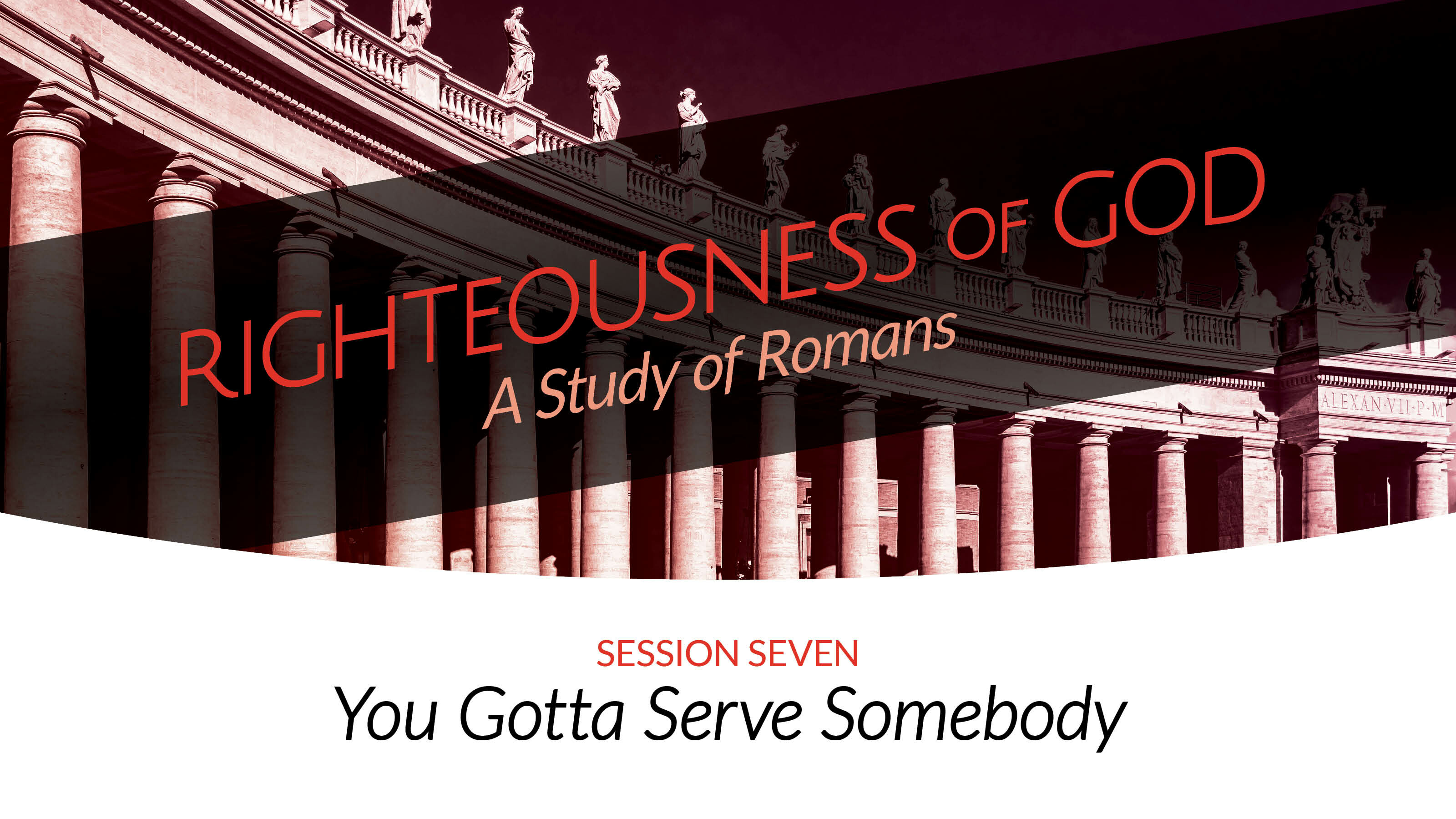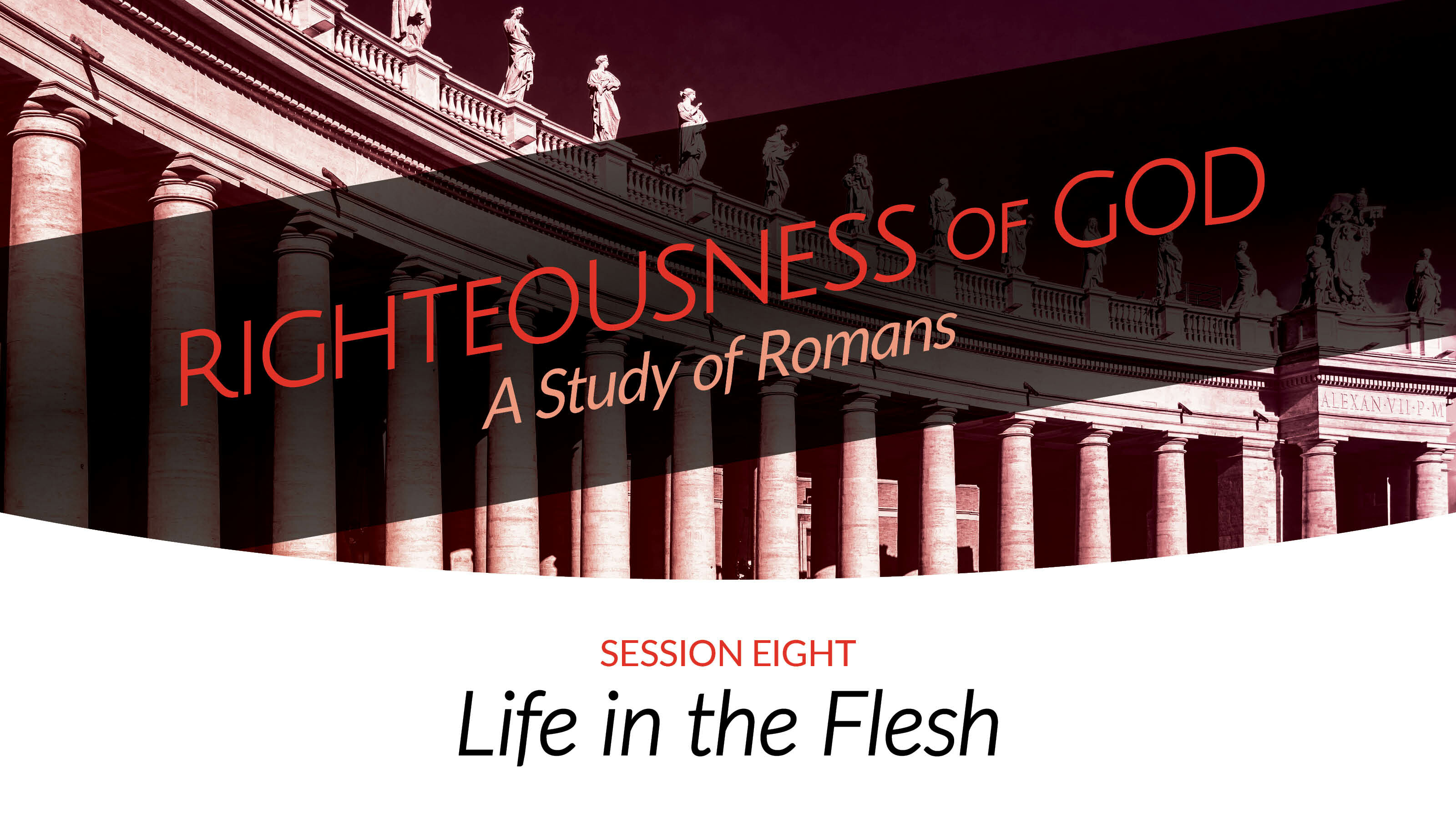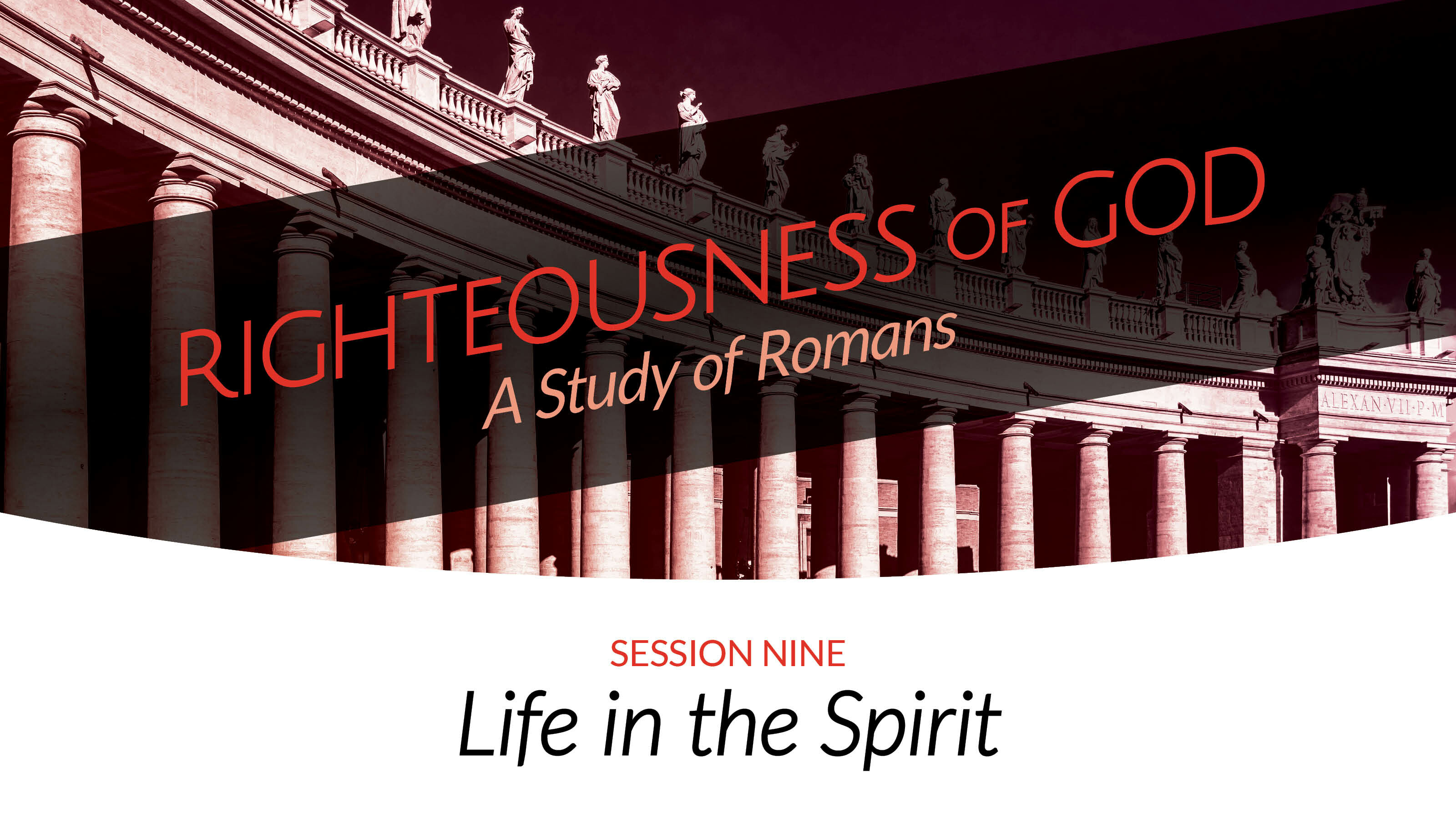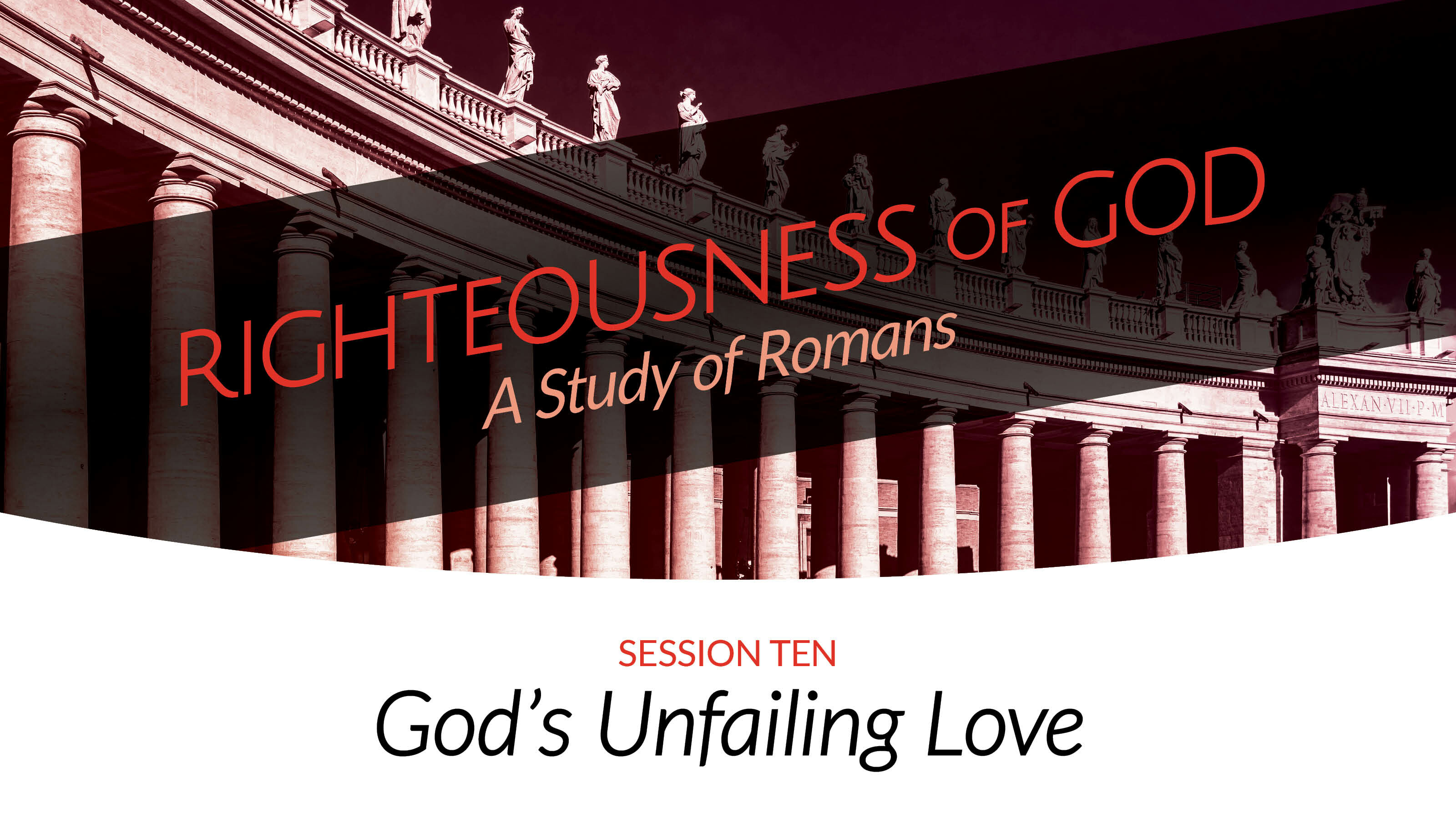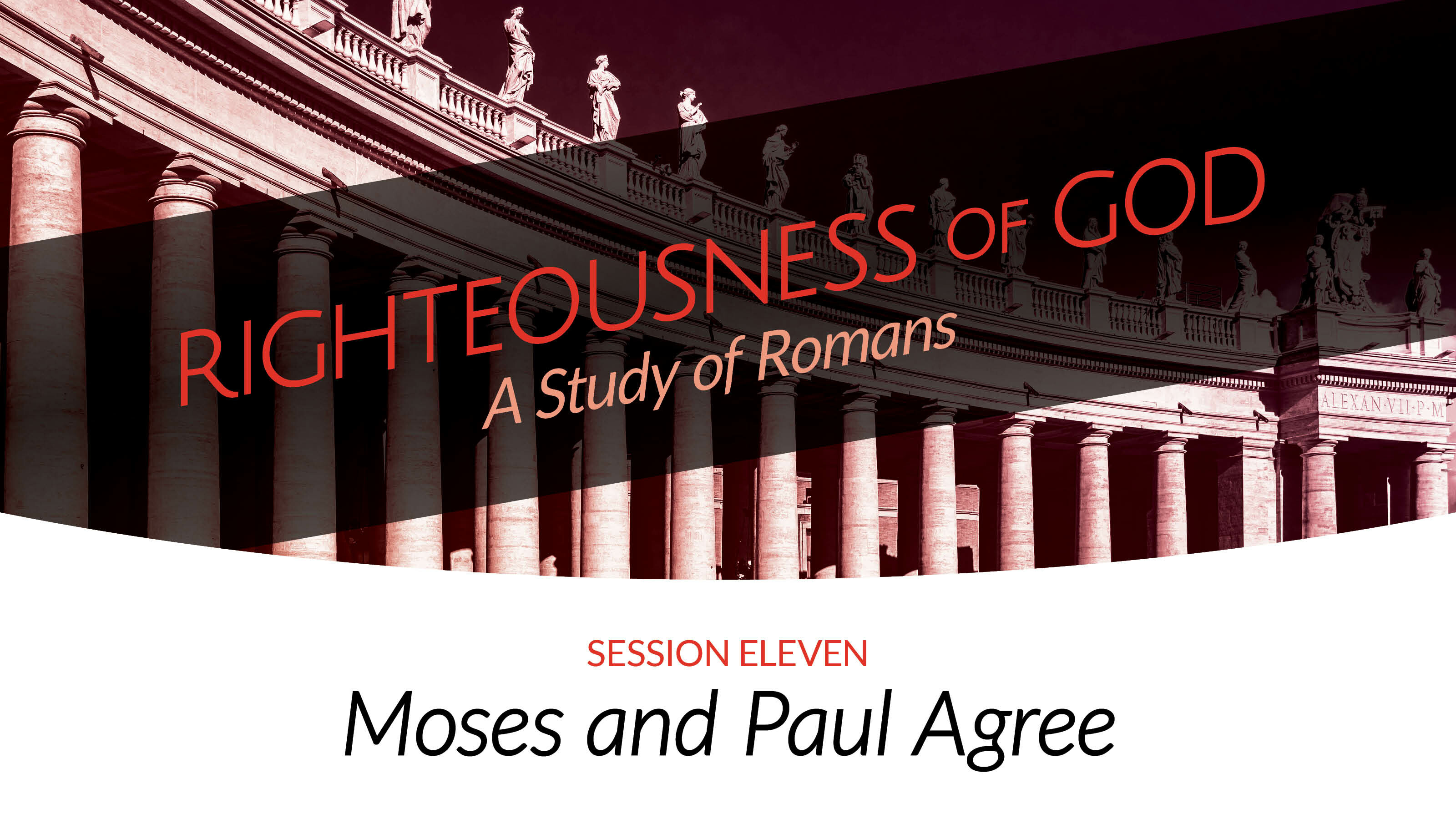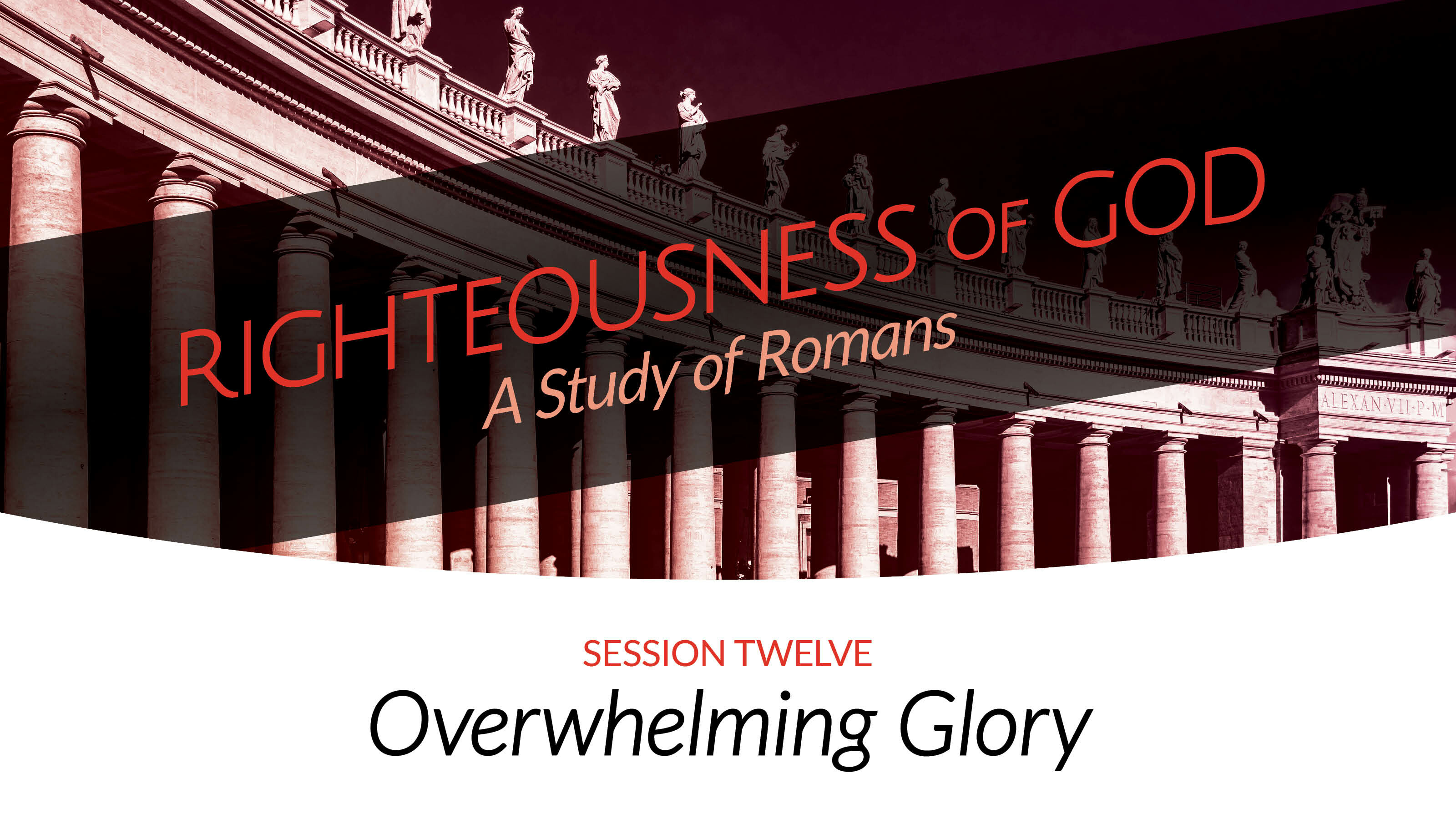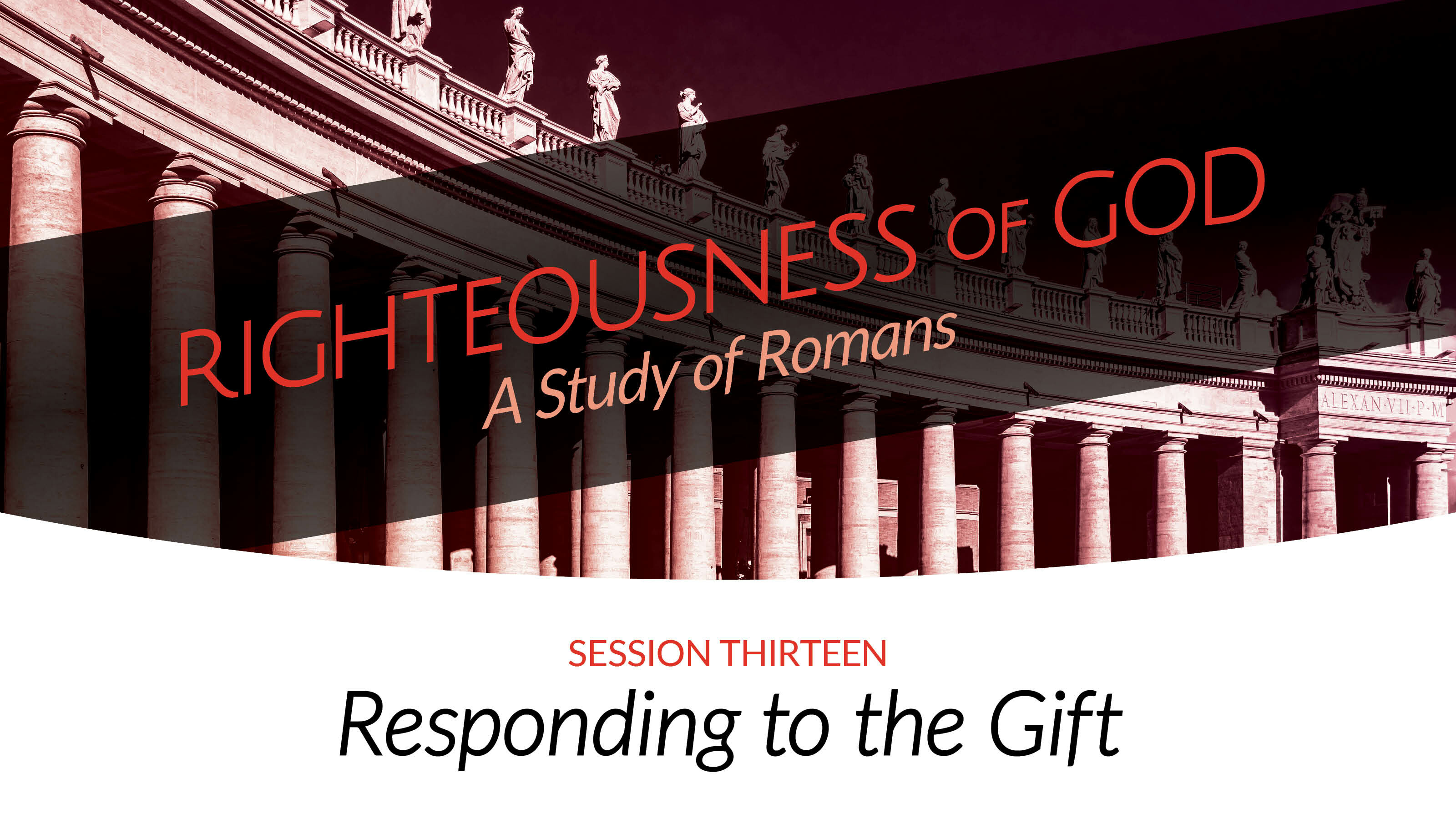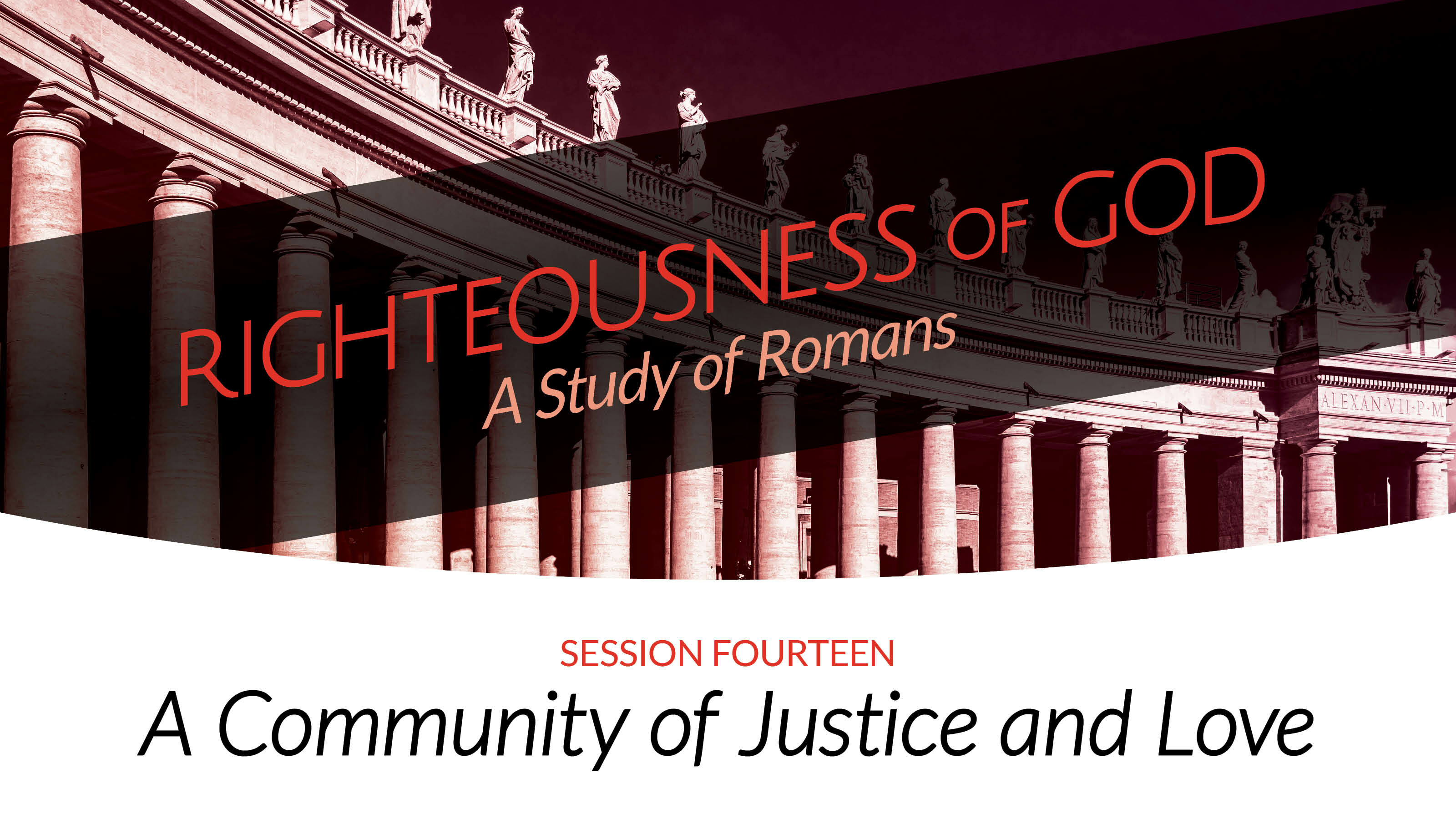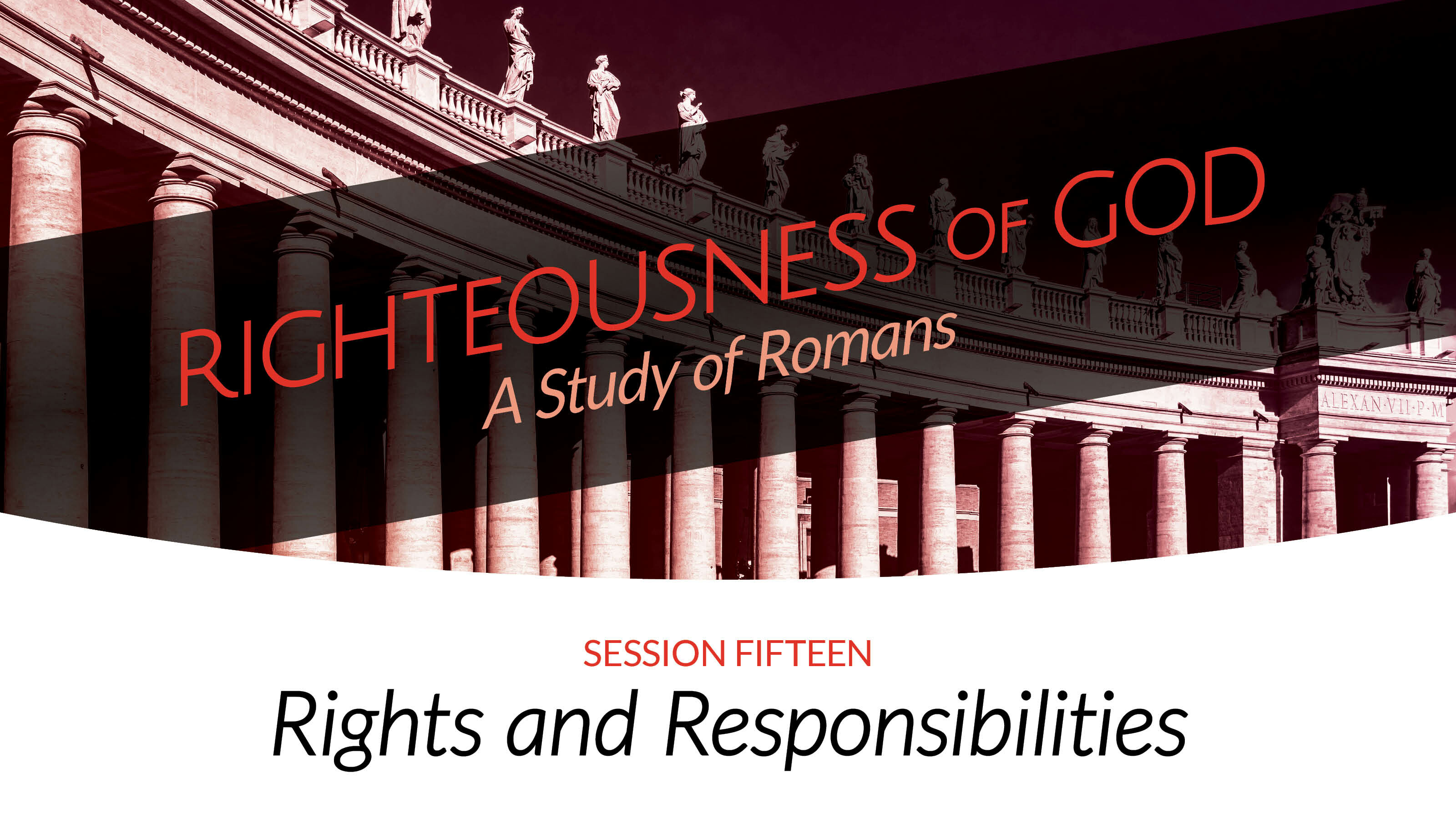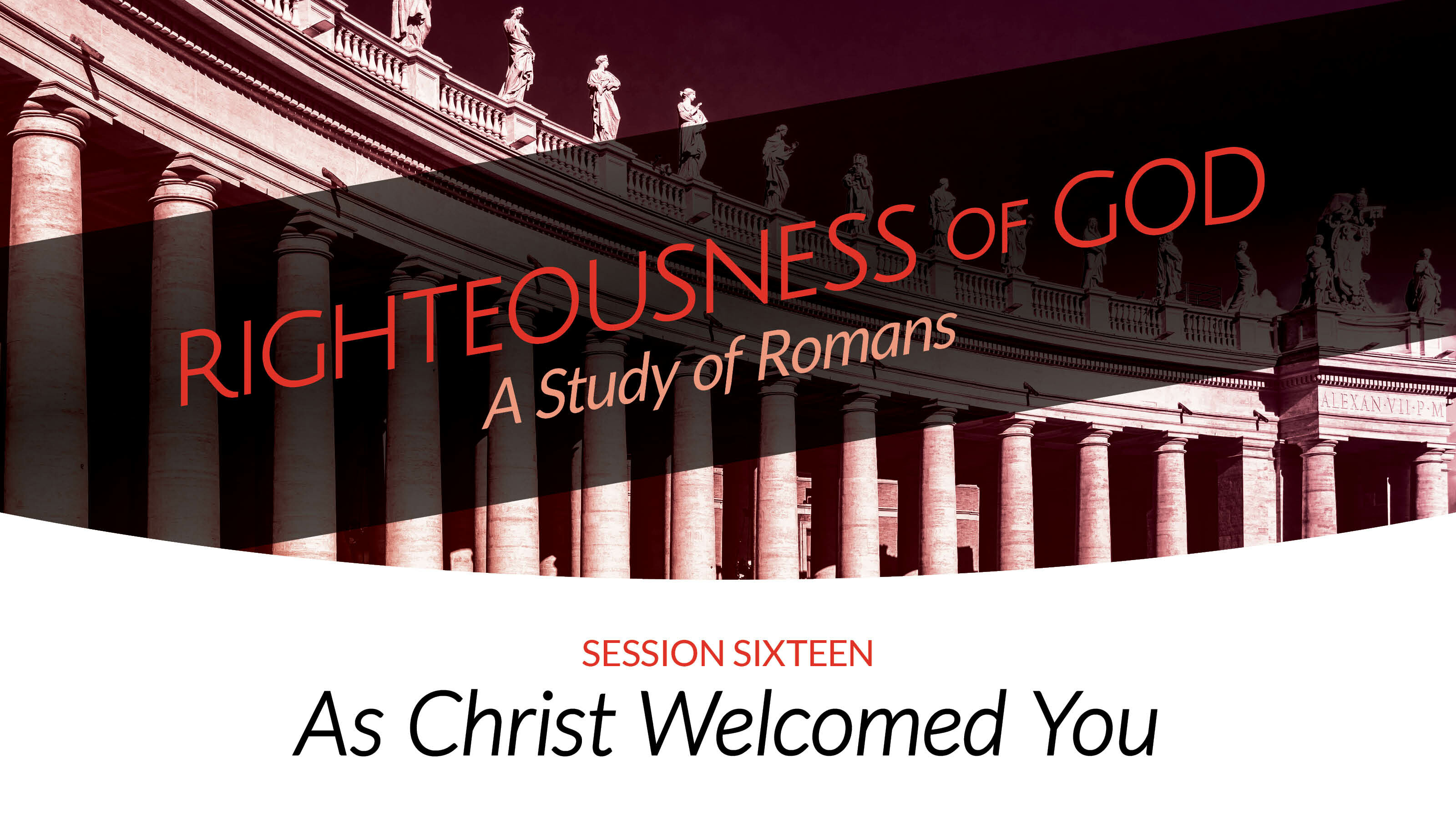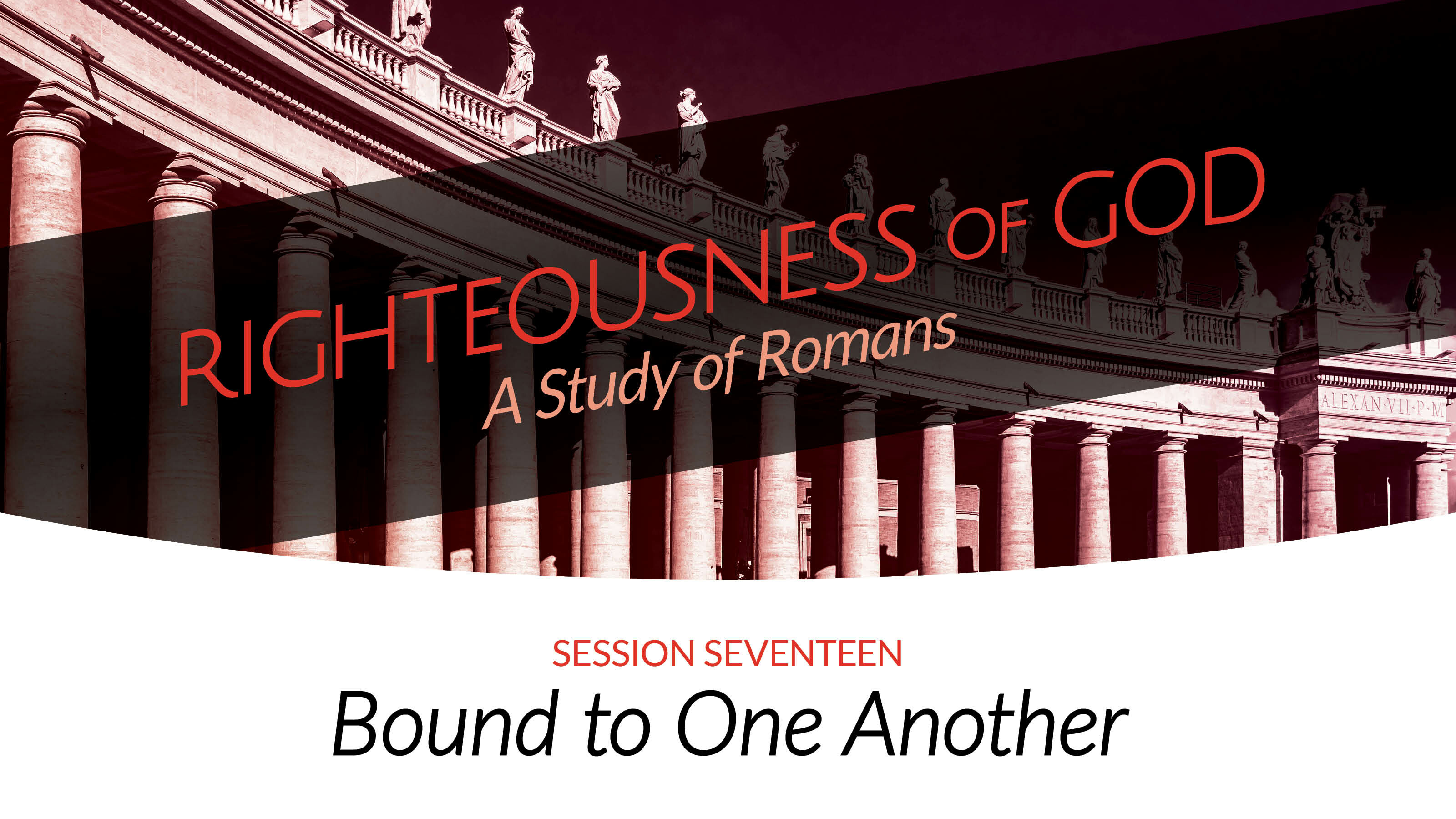Still can't find what you are looking for? Let us know how we can help.
Use the login below to access your InFellowship account.
Need an account?
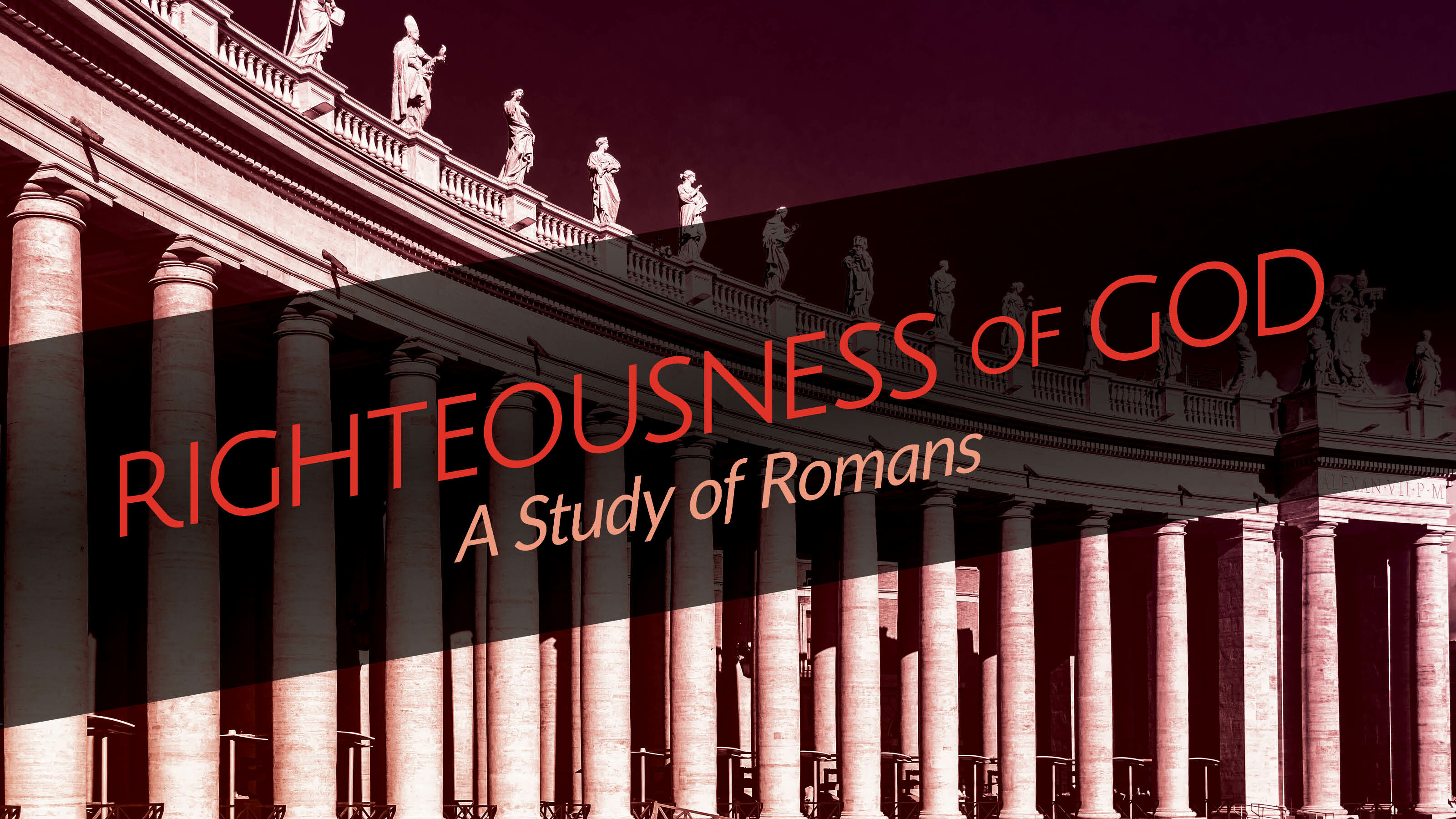
Study Description
There is perhaps no single written work that has attracted more study, more commentary, or more debate over the centuries than Paul's letter to the Romans.
It is the theological masterpiece of Christianity's most influential apostle. Its words inspired a Roman philosopher named Augustine to convert to Christianity, a German monk named Martin Luther to begin a reformation, an English priest named John Wesley to preach a message of new birth, and a Swiss theologian named Karl Barth to demolish the reigning liberalism of his day.
More than any of that, though, this letter has taught millions of Christians across thousands of years how to think about, speak about, and live out their faith in what Paul refers to as "the gospel of God."
Details
- Length: 17 sessions
- Teachers: The Rev. Dr. Jonathan Bailes
- Leader's Guide: Discussion questions are available for small group leaders.
Access Leader's Guide
Watch the Series
1. Paul's Masterpiece
Romans is likely the clearest, most comprehensive summary of the gospel and of its revolutionary implications we have in all of Scripture. But to the apostle Paul who wrote it, Romans is a personal and urgent appeal to everyday Christians who need to know God and follow Jesus. In this first session, we discuss the purpose of Romans and its main thesis about the power of the gospel and the "righteousness of God."
2. The Bad News
We can't hear the good news of the gospel until we first know the bad news. The apostle Paul begins the book of Romans with a hard discussion on the sinful corruption of humanity. In this session, we'll discuss what Paul has to say about this corruption, both where it comes from and how it distorts us.
3. The Line through Good and Evil
We live during a divided time, and it is instinctual for many of us to divide our world into the "good" and "bad," the "righteous" and "wicked." It is easy to think that having the right opinions make us better than those we disagree with. But according to Paul, there are none who escape the judgment. The line between good and evil runs not through parties or classes, but through every human heart.
4. Just and Justifier
As we arrive in Romans 3, the central dilemma animating Paul's gospel is clear. On the one hand, humanity has fallen into sin and corruption and has provoked the righteous indignation of God. On the other hand, God created humanity out of love and does not wish to abandon his creation to destruction. In this session, we explore the solution to this dilemma, which enables God to be "both just and the justifier."
5. Justification by Faith
Justification by faith is the "hinge upon which religion turns," the doctrine upon which "the church stands or falls." In Romans chapter 4, Paul introduces this vital doctrine through a discussion of two major Old Testament characters who believed in it, and in this session, we look with Paul at the blessed reality behind Christian faith and grace.
6. Peace Like Abigail
In Romans 5, Paul talks about the effects of Christian justification--about the peace, hope, and joy that arise in response to being made right with God. In this session, we explore what it means for justification to change the life of an individual and how that experience is reflected in the example of an 18th-century woman named Abigail Hutchinson.
7. You Gotta Serve Somebody
"You're gonna have to serve somebody," Bob Dylan sang in 1979, and the apostle Paul wrote something very similar two millennia ago. In Romans 6, Paul writes that those who have been joined to Christ through faith have already been freed from one master and made servant to another. Our only choice is to live accordingly.
8. Life in the Flesh
New Testament scholar Dale Bruner calls Romans 7 the single most difficult chapter to interpret in the book of Romans. The claims Paul makes seem puzzling. Why does he suggest that he is still held captive by sin and unable to resist its influence? In this session, we explore what Paul truly means.
9. Life in the Spirit
In Romans 8, Paul describes the new life which those who have died and been raised with Christ now inhabit, a life lived no longer in the flesh, but in the Spirit. What is this new life? Does our idea of it match our experience? In this session, we explore the three virtues of this life: faith, hope, and love.
10. God's Unfailing Love
Paul's discussion of God's sovereign election of his people in Romans 9 has generated numerous and heated debates over the course of Christian history, yet we have often lost sight of why Paul addresses this topic in the first place. For what is at stake here is nothing less than the security of God's love.
11. Moses and Paul Agree
At first, the gospel of Jesus Christ may seem like a radical departure from Israel's experience of salvation. Yet Paul affirms in Romans 10 that the gospel, in fact, fulfills and continues God's dealings with his people. In this session, we'll explore how the Christian experience of salvation by grace through faith exists in harmony with Israel.
12. Overwhelming Glory
Paul, in Romans 11, concludes his dense, scripturally rich meditation on the people of Israel and the purposes of God. He announces that God shall not abandon his chosen people, and though God's historical plan is shrouded in mystery, he is overwhelmed by the glory of God. In this session, we look with Paul's astonishment at the wisdom and ways of God.
13. Responding to the Gift
Many have written extensively on the subject of giving and receiving gifts and the role it plays in human society. The apostle Paul is likewise fascinated by The Gift, specifically in the gift of salvation in Jesus Christ. In this session we explore how a person rightly receives that gift and how we are meant to respond.
14. A Community of Justice and Love
How ought we to live together in light of the gospel of Christ? In this session, we focus on how Christians are a community marked by justice and love, a community that gives to people what they are owed--not out of obligation, but out of love.
15. Rights and Responsibilities
In modern America, we are well acquainted with the language of rights. Claims and competitions over individual rights dominate our public conversations over right and wrong. In Romans 14, however, Paul challenges the way Christians ought to think about rights, instructing us to consider instead our responsibilities toward one another.
16. As Christ Welcomed You
Paul tells us to "welcome one another as Christ has welcomed you," and in these summary words expresses the fundamental ethic of the gospel. Though we have made ourselves unworthy, God in Christ has welcomed us; in thankfulness, we ought to welcome one another, and in doing so, bear witness to the beauty and goodness of God's own nature.
17. Bound to One Another
Romans is a book of profound theology, rigorous logic, and sophisticated interpretation. For this reason, it is remarkable that Paul concludes his letter by speaking very plainly and personally to specific people. How fitting, for the gospel isn't just about ideas, but about how God binds people to himself and binds us to one another in love.
![]()
Find "Christ Church Studies" on Your Podcast Provider
Never Miss a Podcast
Get an email notification whenever Christ Church Plano releases new video and audio content on podcast or livestream. Customize which notifications you would like to receive.
